-
At 38, Djokovic not only matched the record of 14 Grand Slam semifinals—a mark he now shares with legend Jimmy Connors—but also solidified his legacy in an era increasingly defined by rising talents.
-
Djokovic’s win over Fritz transcends a mere scoreline or a single match; it’s a reflection of leadership, resilience, and strategic audacity that resonates beyond sport and into boardrooms, innovation hubs, and the business corridors of LATAM, Miami, the United States, and Spain.
-
In a landscape that demands powerful narratives and rapid decision-making, Djokovic demonstrates that sustained excellence is built through discipline, body management, and a vision that unites generations.
-
The path to the final against Alcaraz is not just a sports rivalry; it’s a case study in leading with purpose in a hyper-connected world.
This encounter, marked by strategic suspense, a crowd-tense episode, and an emotional gesture to his daughter Tara, offers a unique lens to understand the intersection of high-performance sport, leadership, and pressure management in today’s Miami and LATAM context. Join us as we unpack not only the numbers but the strategic choices, the physiology of effort, and the implications for the business of sport and sports marketing in the region.
Comprehensive match analysis:
-
Key moments dominance: Djokovic faced break points at 5-3 in the first set, underscoring his ability to convert pressure into performance. In business terms, the lesson is clear: turn tension into decisive action.
-
Serve control: Fritz showed power on serve, but Djokovic optimized returns and managed unforced errors. Strategic takeaway: design execution pipelines that minimize costly mistakes.
-
Demographics and branding: the 23,000-strong crowd cemented Djokovic as a centerpiece of a sport with huge TV reach and global sponsorship. For Miami and LATAM business, the takeaway is to amplify legacy and family narratives to connect bilingual audiences.
-
Physical resilience: Djokovic spoke about day-by-day recovery; in corporate terms, this translates to occupational health programs and high-performance management for executive teams.
-
Generational duel: the upcoming clash with Carlos Alcaraz is more than a matchup; it’s a study in leadership continuity, succession planning, and long-term brand strategy.
-
Djokovic’s Grand Slam brand: 397 Grand Slam match victories after beating Fritz, and 53rd Grand Slam semifinal, placing his career among the most consistent in modern tennis.
-
Records and rivalry: Djokovic ties Jimmy Connors with 14 Grand Slam semifinals; his 11-0 head-to-head against Fritz and dominance on hard courts against Alcaraz—traditionally strong for Alcaraz on hard surfaces, but with Djokovic showing the upper hand in these conditions.
-
US Open context: Flushing Meadows serves as a global audience magnet, with direct impact on sponsorships, broadcast rights, and sports tourism for cities like Miami and other Hispanic-speaking hubs in the U.S. and LATAM.
-
Tara’s birthday (eight years old) added an emotional layer that became a branding narrative for Djokovic, underscoring the athlete’s vulnerability and humanity.
NOLE’s quotes:
“The road ahead won’t be easier, I can tell you that (laughs). I’ll try to take it day by day, take care of my body, stay relaxed and recover. The next couple of days will be ключ to getting in shape and ready to fight five sets if needed. I would love that; I enjoy being fit enough to play and to get to a potential fifth set with Carlos.”
“I’ll need my best tennis, to be equal to the occasion. I usually like to play big matches on big stages; I’m not sure how my body will be in a couple of days, so I’ll do everything possible with my team to be ready.”
Watch the point he won here to understand everything. (Ideal shareable content)
https://www.instagram.com/reel/DKn-qu6Ilgi/?utm_source=ig_web_copy_link&igsh=MzRlODBiNWFlZA==
-
Sources and references: ATP data and official US Open records; post-match interviews and coverage from tennis-focused outlets (e.g., in-court interviews, official ATP/US Open press notes, analyses from leading tennis media).
-
Match rhythm and structure: Djokovic countered Fritz’s power with a blend of structured defense and rapid reactions, consolidating key points through an improved first serve and varied pace.
-
Jeffrey Kaufman and emotional management: the crowd-chant tensions in the third set were handled through chair umpire decisions and player responses, highlighting the importance of event governance and clean competition for a sport’s reputation.
-
Physiology and recovery: Djokovic emphasized body care in the days leading to the semifinal; for businesses, this translates into “team wellness” models as a lever for sustained performance.
-
Semifinal projection: Djokovic–Alcaraz is more than a talent clash; it’s a narrative of generational continuity, brand influence, and an opportunity to explore sponsorships that resonate with Latino communities in the U.S. and Spain.
Djokovic’s Grand Slam trajectory: records across Wimbledon, the US Open, and Roland Garros, with multiple finals shaping training, nutrition, and team management trends.
Expert commentary and relevant quotes:
-
“Consistency at this level, under media pressure and physical wear, is a leadership and resource-management test.”
-
“The family-and-celebration narrative in a global event reinforces the humanity of the athlete’s brand.”
Read Smart, Be Smarter!
https://infonegocios.miami/suscribite-al-newsletter
Contact Infonegocios MIAMI:
-
marcelo.maurizio@gmail.com
Infonegocios NETWORK: 4.5 million Anglo-Latinos united by a passion for business.
Join us and stay informed:
Subscribe for free. Suscribete sin cargo.
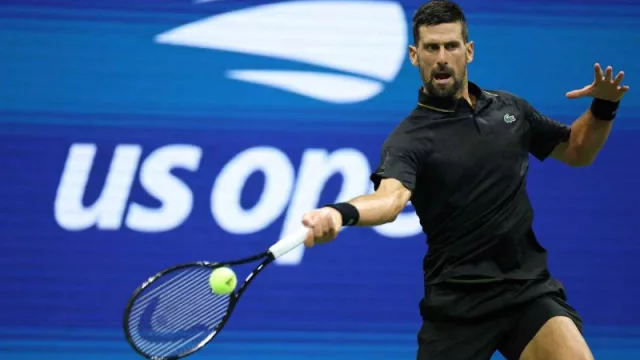
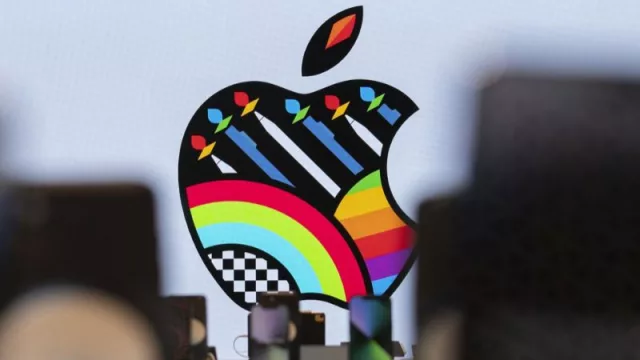
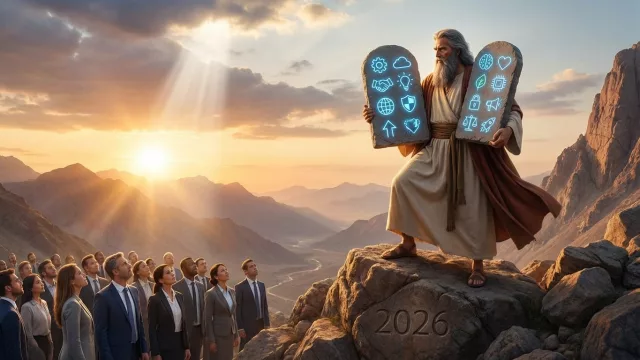


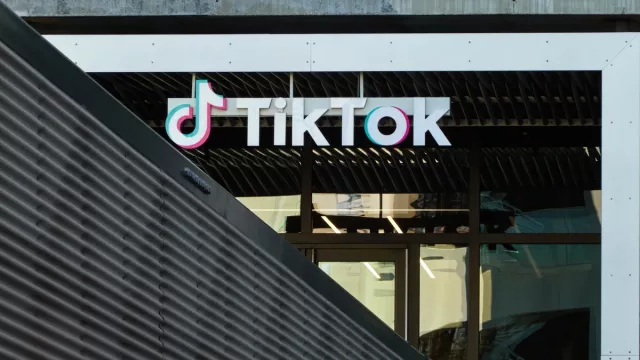
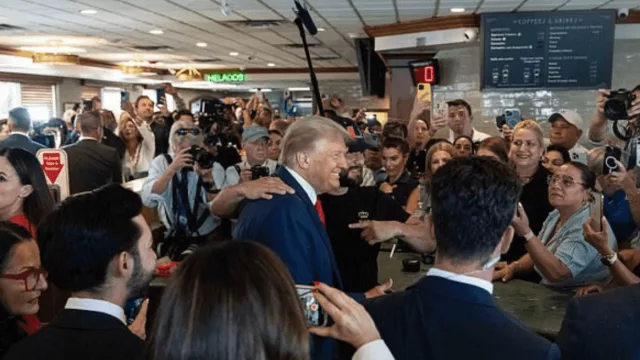
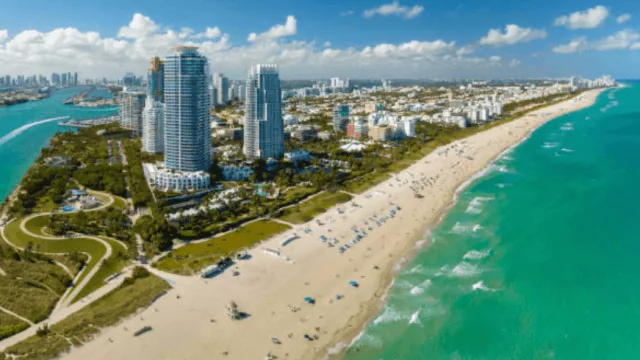

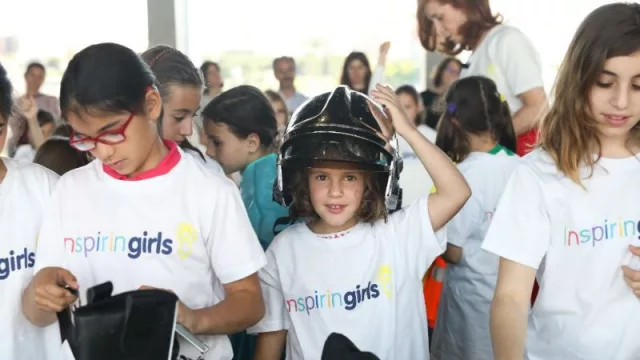


Tu opinión enriquece este artículo: